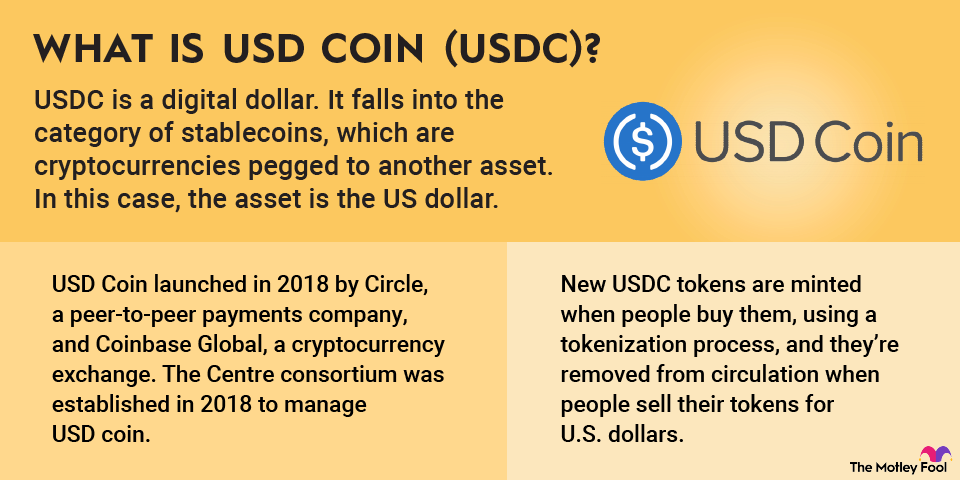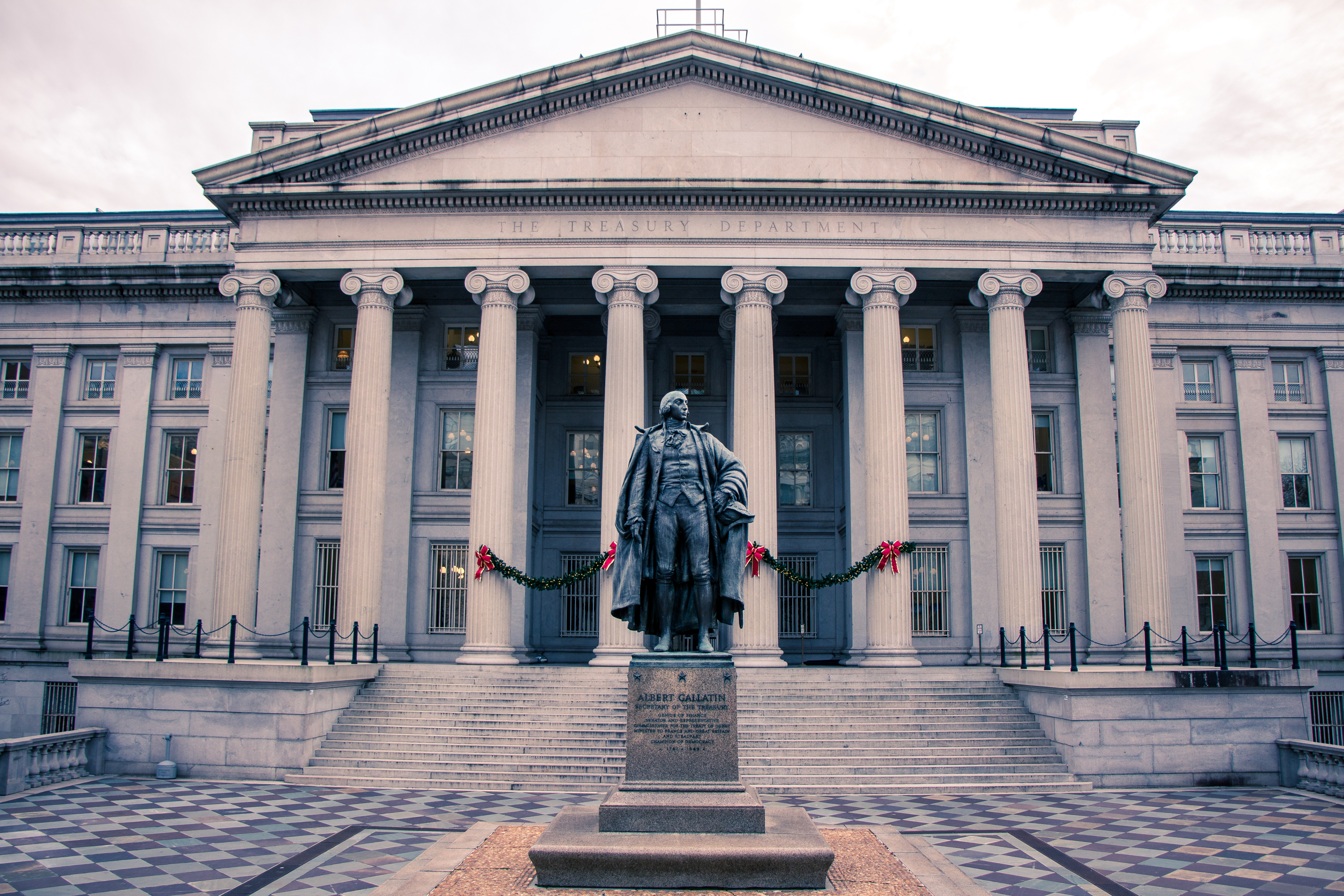In a world where everyone needs a job to have their basic needs met, it's important that we agree on the definition of unemployment. A solid understanding of unemployment can help guide policy and provide economic indicators, improving life for everyone. Read on to better understand unemployment and how it affects investors.

What is unemployment?
There are a few different definitions of "unemployment," but when you're listening to the news and they discuss the unemployment rate, they're talking about the U.S. Bureau of Labor Statistics' (BLS) definition. By that definition, unemployment means that you don't have a job, but you have actively looked for work in the prior four weeks, and are currently available for work.
"Actively" is the keyword here. That means you've been filling out job applications, having job interviews, or contacting employment agencies to try to find a placement that will match your skills. Unlike what many people believe, "unemployment" is not merely a measure of who is collecting unemployment benefits, and is instead determined using a series of surveys and other information gathering each week.
Monthly BLS figures include six measures of unemployment:
- U-1, persons unemployed 15 weeks or longer, as a percent of the civilian labor force;
- U-2, job losers and persons who completed temporary jobs, as a percent of the civilian labor force;
- U-3, total unemployed, as a percent of the civilian labor force (this is the definition used for the official unemployment rate);
- U-4, total unemployed plus discouraged workers, as a percent of the civilian labor force plus discouraged workers;
- U-5, total unemployed, plus discouraged workers, plus all other marginally attached workers, as a percent of the civilian labor force plus all marginally attached workers; and
- U-6, total unemployed, plus all marginally attached workers, plus total employed part-time for economic reasons, as a percent of the civilian labor force plus all marginally attached workers.
What causes unemployment?
Unemployment has a lot of different causes, on both the individual and systemic levels. For individuals, unemployment may simply result from a poor fit at a job or within a company culture that causes them to leave their position. But it can also be a lot more complicated than that.
Systemically, unemployment is often caused by economic issues like depressions and recessions, changes in technology that cause skillsets to be less in demand, jobs being outsourced to other countries, and companies simply cutting positions as a form of restructuring (which may be caused by a combination of the factors above).
What are the types of unemployment?
Although unemployment can be considered voluntary or involuntary, there's a lot more nuance under the hood. Here are the most common types of unemployment:
- Frictional unemployment. Frictional unemployment occurs when people change jobs voluntarily, but leave their current job without having another lined up first. Graduates looking for their first jobs are also included in this population. It's generally short-lived and says very little about the economy as a whole.
- Cyclical unemployment. Cyclical unemployment is related to the rise in unemployment during difficult financial times like recessions. Unemployment tends to rise during recessionary periods and falls when economic growth is strong.
- Structural unemployment. Structural unemployment occurs when there's been a change to the structure of the economy that has either resulted in a specific skillset no longer being in demand or the jobs requiring that skillset not existing where the skilled laborers live. This can cause significant displacement of workers and create extended unemployment.
- Institutional unemployment. Institutional unemployment is caused by changes in institutional factors, such as a significant rise in minimum wage or restrictive licensing laws that make it more difficult for employers to afford to hire more workers. Other factors, like discriminatory hiring, can also play a part.
Related investing topics
Why does unemployment matter to investors?
Unemployment should matter a lot to investors, since pretty much everything comes back down to how well the economy is performing. The companies that issue shares need customers, and without high employment, people can't afford to spend as they're accustomed, which can depress entire industries. For example, if money is tight, people will not be buying new cars, and that may restrict profits for automakers.
The other main reason unemployment really should matter to investors is that it can be a broader economic indicator. High unemployment points to poor economic performance, whether it's a cause or an effect (often both), which can then create a whole cycle of pain for investors. During these down cycles, stock prices may fall, or companies may go bankrupt, and these are both situations to be aware of.
Falling stock prices are less of a concern to long-term investors, since they do generally rebound, eventually, but bankrupt companies aren't good news for anyone. When times get tough, you may see investors selling their shares and buying bonds (or just keeping that cash on the sidelines), which further depresses stock prices.
















